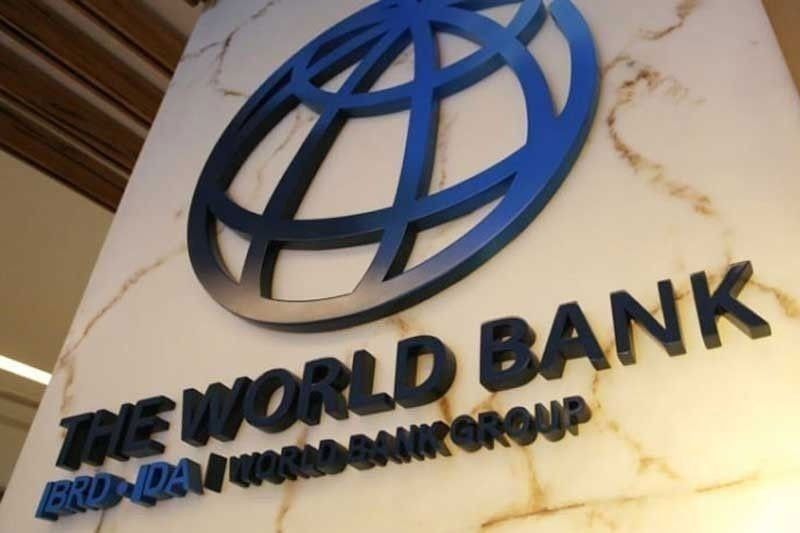Private infrastructure spending in AsPac falls 75% in 2020

MANILA, Philippines — Private sector participation on infrastructure buildup in East Asia and the Pacific, including the Philippines, plunged by 75 percent in 2020, but the World Bank expects firms to reactivate financing this year to recoup their losses.
In a report, the World Bank said private participation in infrastructure (PPI) in East Asia and the Pacific declined to $9.5 billion in 2020 from $38 billion in 2019.
According to the US-based lender, PPI in the region crashed especially in the first half of 2020, when most of the countries were struggling to manage their local COVID-19 outbreaks.
For the first time, Indonesia and Malaysia failed to report any PPI transactions in a year. Only its regional counterparts Cambodia, Malaysia, the Philippines and Vietnam obtained commitments for private sector funding on infrastructure.
Vietnam, for its part, led the Southeast Asian pack in terms of PPI with $2.7 billion in 2020. Based on World Bank data, all of Vietnam’s 16 PPI transactions centered on power generation projects with renewable technology, a fruit of Hanoi’s decision to instruct its national utility to buy solar power from independent sources.
On the other hand, China recorded the lowest PPI commitments in five years at $6.3 billion, but it is now picking up pace with $1.6 billion of road projects approved in December last year.
World Bank global director for infrastructure finance, PPPs and guarantees Imad Fakhoury said the intensity of the decline last year should mean the worst is over now for PPI, saying the private sector is expected to ramp up their investments in 2020 to get back on their feet.
“Hopefully, this data signals that the worst effects of COVID-19 on PPI finance are now behind most developing countries,” Fakhoury said.
Fakhoury also asked governments to reform their frameworks and regulations, allowing the private sector to scale up their investments during the recovery period. Such moves should give developing economies a chance to achieve the Sustainable Development Goals and deliver on their climate commitments.
All regions, except for Sub-Saharan Africa and the Middle East and North Africa, witnessed their PPI drop last year. East Asia and the Pacific ended up with the largest decline, followed by Latin America and the Caribbean, Europe and Central Asia and South Asia.
According to the World Bank, the pandemic hit infrastructure projects where it hurt the most, as the lockdowns distorted supply chains, cancelled shipping and restricted travel.
Likewise, private firms were compelled to hold on to their capital to observe the financial stability of their countries, as public debt rose to record levels and credit ratings were slashed worldwide.
- Latest
- Trending

























